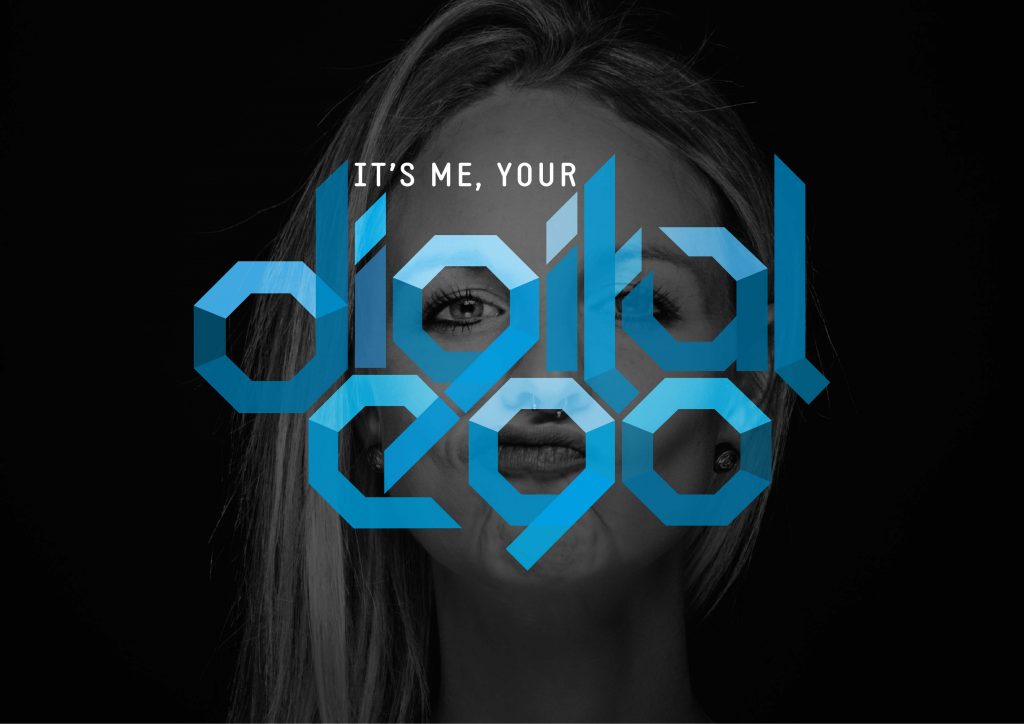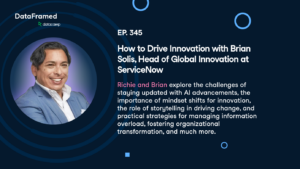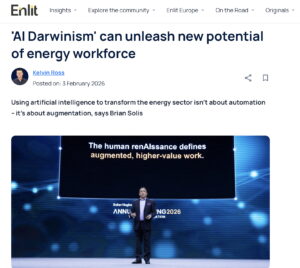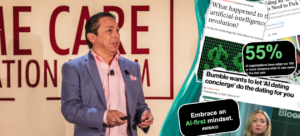If you’ve never attended the Next Conference in Germany, plan for the next event. It combines elements of SXSW in a festival, city-wide format where people, technology, music and art converge into an experience that’s anything but a conference. I’ve had the privilege of presenting at Next over the years. In 2016, I was invited once again (I think for the third time) and I jumped at the chance. Well, actually, I flew to Hamburg, but you know what I mean.
The theme for the event was on point, “It’s me, your digital ego.” In my work, I define the evolution of connected consumers as Generation-C (Connected) where we are no longer bound by demographics but instead by digital, behavioral and emotional psychographics. I also refer to Generation-C as “accidental narcissists” in that technology is conditioning users to expect pretty much everything…now.
My plenary focused on the influence of Generation-C on design, user experience (UX), brand and innovation. I shared my personal and life changing experience of what it took to write and design a book (oh the irony) about experience design for Generation-C. Long story short, I started with a blank slate and built the foundation for a print book using design principles and user behaviors related to mobile screens and apps.
I wanted to share the experience with you here. It’s also available at Next.
The presentation explores the core of experience, the impact of technology on society and what it means to be human in a digital economy.
– What is experience?
– Why experiences are more important than products
– How experiences define the brand
– The need for experience design and experience style guides
An Interview About Experience Design and the Future
While I was at Next, I was also invited to an interview with the event producers. I was also treated to a special experience before doing so. As I awaited my turn, I got to overhear the interview with Nathalie Nahaï. We share a mutual friend in Gabrielle Laine-Peters and I was delighted to hear her thoughts on web psychology.
The interview picks up where the presentation leaves off. Basically, we dive deeper into the subjects introduced on stage. Hopefully, this helps you in your work.
1. The importance of experience design
2. Apple and Disney as beacons of experience design
3. How traditional businesses unintentionally break experiences by design
4. The definition of experience and the need for experience style guides
5. Experiences are emotions
6. The relationship between experience design and customer experience (CX)
7. The call for experience architects
8. The true story behind the design of X: The Experience When Business Meets Design
9. Trends in 2017 beyond (AR/VR, AI/Machine Learning, Autonomous Vehicles) – Disruptive Trends
10. My experience at Next
Photos from Next16



About Brian
Brian Solis is principal analyst and futurist at Altimeter, the digital analyst group at Prophet, Brian is world renowned keynote speaker and 7x best-selling author. His latest book, X: Where Business Meets Design, explores the future of brand and customer engagement through experience design. Invite him to speak at your event or bring him in to inspire and change executive mindsets.
Connect with Brian!
Twitter: @briansolis
Facebook: TheBrianSolis
LinkedIn: BrianSolis
Instagram: BrianSolis
Youtube: BrianSolisTV
Snapchat: BrianSolis






This isn’t new stuff. I have brought this up ever since you created this fad. But not all businesses qualify for this. What can Kraft Mac and Cheese do? That has been my challenge to see a real strategy for Kraft Mac and Cheese to improve what I already experience from them. I certainly am not buying them for the experience. They can’t improve my shopping experience shopping for mac and cheese (I also buy Aunt Annies Organics more than Kraft). This is why I don’t follow you on Twitter. Too many people like yourself have repackaged business tactics 1000’s of years old into something….new but not new. Business was always about relationships going back to bartering for goods….yet Ted Rubin repackaged that into a pretty crass Return on Relationship (basically you need to calculate and quantify what you get back from every relationship). No Ted…Business is very often About Relationships Period. And many business sectors are about the experience (a restaurant a hotel) others its pure price or convenience or image depending on the product and customer. Always has been that way and always will be that way.